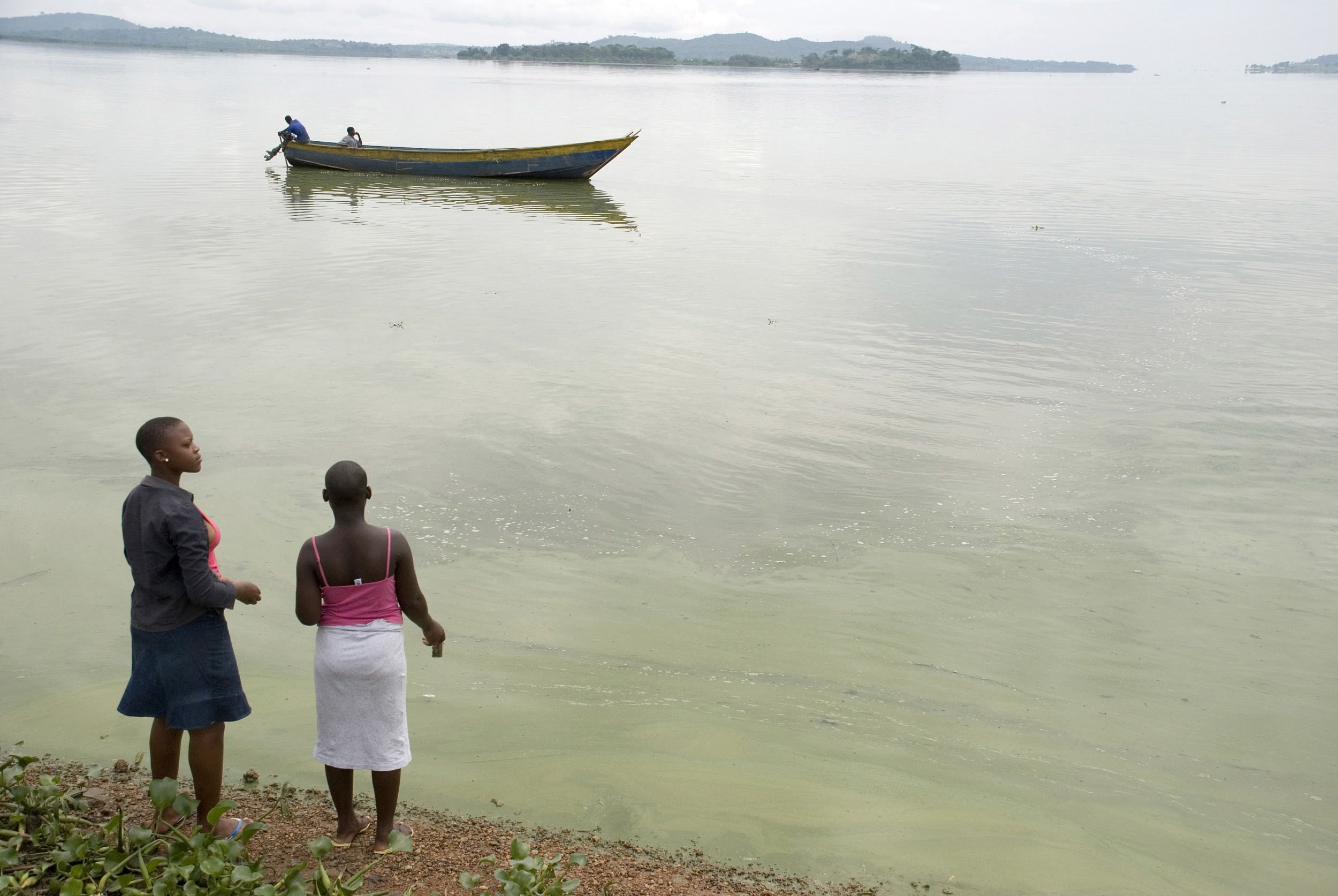
China
12:17, 20-Jul-2017
Chinese launch fund to conserve Lake Victoria in Africa

By CGTN Africa
Chinese not-profit environmental conservation organisation, Save the Wild Fund, has started operations to encourage companies to fund conservation projects around Lake Victoria.
Speaking at the launch in Uganda last week, Tiang Clody Zhoo, chairman of Save the Wild Fund, told the audience that the organisation is partnering with selected local authorities in the Lake Victoria region, to lobby all Chinese companies operating in the country to contribute towards an environmental fund to plant trees around the Lake.
“We are encouraging all Chinese companies operating in Uganda to contribute towards the fund because for them to continue making profits from here, they need to maintain the environment today so that these resources are not depleted,” Zhoo said in a statement.
According to Zhoo, their strategy involves providing fruit and wood tree seedlings to local authorities near the lake to plant them on the borders of wetlands to segregate the land, while the fruits will also provide income for the communities.

With a surface area of approximately 68,800 square kilometres (26,600 sq mi), Lake Victoria is Africa's largest lake by area. / CFP Picture
With a surface area of approximately 68,800 square kilometres (26,600 sq mi), Lake Victoria is Africa's largest lake by area. / CFP Picture
At the event, Vincent De Paul Kayanja, a chairman of the LVRLAC – a cooperative regional authority – said that their association was aiming to bring together local authorities in all the countries surrounding Lake Victoria, with a mandate to ensure that the lake is carefully managed and does not get polluted.
This pledge echoed that of the 2013 Entebbe Declaration, which committed the association to plant three million trees across East Africa.
“Since 1997, we have raised membership of 130 local authorities in Kenya, Tanzania and soon we expect to be joined by Rwanda and Burundi since we all share Lake Victoria,” Kayanja said on Friday as they received a first batch of 10,000 tree seedlings.
9551km

SITEMAP
Copyright © 2018 CGTN. Beijing ICP prepared NO.16065310-3
Copyright © 2018 CGTN. Beijing ICP prepared NO.16065310-3